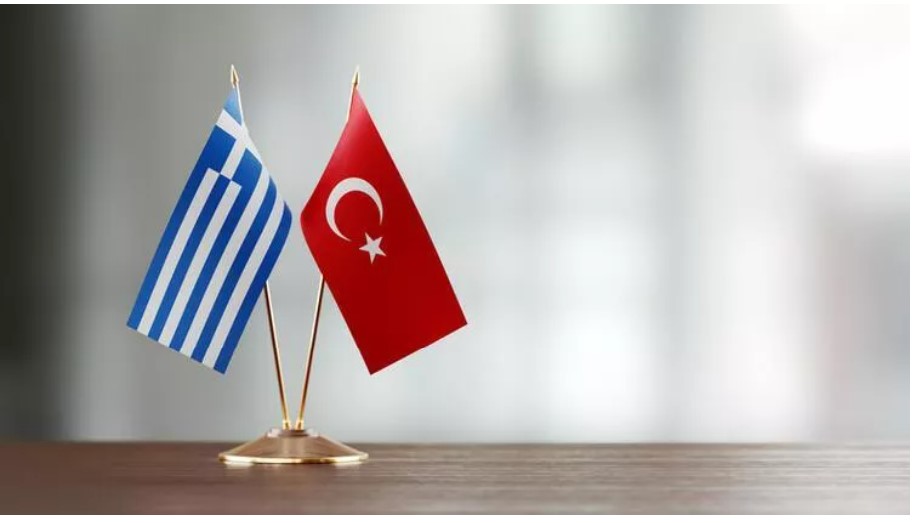A meeting between Greek Prime Minister Kyriakos Mitsotakis and Turkish President Recep Tayyip Erdoğan in Ankara occurred in a “positive atmosphere”, but thorny issues and disagreements remain.
“Next to our established disagreements we can write a parallel page with our agreements”, Mitsotakis said during a joint press conference.
Greece and Turkey faced turmoil in their relations in 2022, but the situation de-escalated drastically in the summer of 2023 after Erdoğan and Mitsotakis triumphed in their national elections, which almost coincided.
The two countries signed agreements for greater cooperation in responding to and managing natural disasters and emergencies, and for the establishment of the Greek-Turkish Business Council.
The two leaders also agreed on a roadmap for bilateral visits in the following months.
Athens estimates that keeping the communication channels open is of paramount importance despite the unresolved issues between the two countries.
Sensitive political issues such as the delimitation of the continental shelf and Exclusive Economic Zone in the Aegean and the Eastern Mediterranean – the two issues Athens recognises as only “pending” between the two countries – were avoided, at least publicly.
For its part, Turkey wants other issues to be put on the agenda, such as the demilitarisation of Greek islands neighbouring coastal Turkey and a Muslim minority in northeastern Greece, which Turkey brands as “Turkish”.
Erdoğan again referred on Monday to a “Turkish” minority in Greece, triggering the reaction of the Greek leader.
Clash over Hamas
The developments in the Middle East were also on the agenda, with the two leaders sharing differing views and Mitsotakis saying Athens and Ankara do not always agree on these issues.
“Athens’ position is that Israel had every right to defend itself against a terrorist organisation [Hamas] that does not even represent the Palestinian people. But we agree that the asymmetric use of force must stop”, Mitsotakis said.
For his part, Erdoğan said the international community should speak with a louder voice about the death of 35,000 civilians in Israel’s war with Hamas.
“Hamas is a resistance organisation fighting for its territories. We would be sorry if you considered it a terrorist organisation”, the Turkish president noted.
Greece and Turkey are both NATO members.
Brussels and Washington have been pushing for years the two countries to set aside their differences and find common ground on their pending issues.
“The United States supports bilateral discussions at all levels for Greece and Turkey to work together on fostering peace, security, and prosperity in the region,” a State Department spokesperson told Anadolu on Monday.
(Sarantis Michalopoulos | Euractiv.com)
